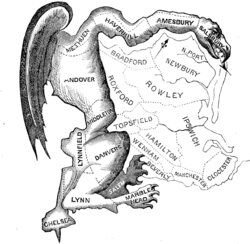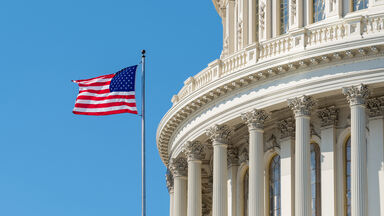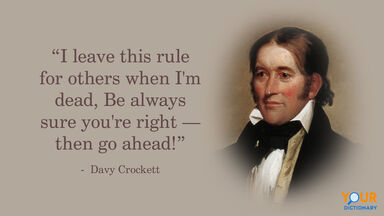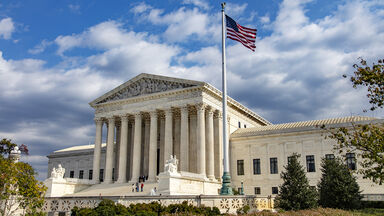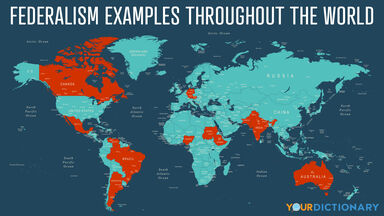In 1906-1907 eleven agricultural and mechanical arts colleges were established, one in each congressional district of the state.
From 1891 to 1895 he represented the First Congressional District of Nebraska, normally Republican, in the national House of Representatives, and received the unusual honour of being placed on the important Committee on Ways and Means during his first term.
The university, organized in 1847, and occupying the old State Capitol grounds, is an integral part of the public school system of the state, and is under the control of a board of regents, consisting of the governor, the superintendent of public instruction and eleven members, elected - one from each congressional district - by the General Assembly.
Conditions both in Ohio and in Congress had placed him, and were to keep him for twenty years, in an attitude of aggressive and uncompromising partisanship. His Congressional district was naturally Democratic, and its boundaries were changed two or three times by Democratic legislatures for the purpose of so grouping Democratic strongholds as to cause his defeat.
In the United States the McKinley Tariff Bill was one of the main causes of the Democratic victory in the Congressional elections of 1890, in which McKinley himself was defeated by an extraordinary Democratic gerrymander of his Congressional district.
